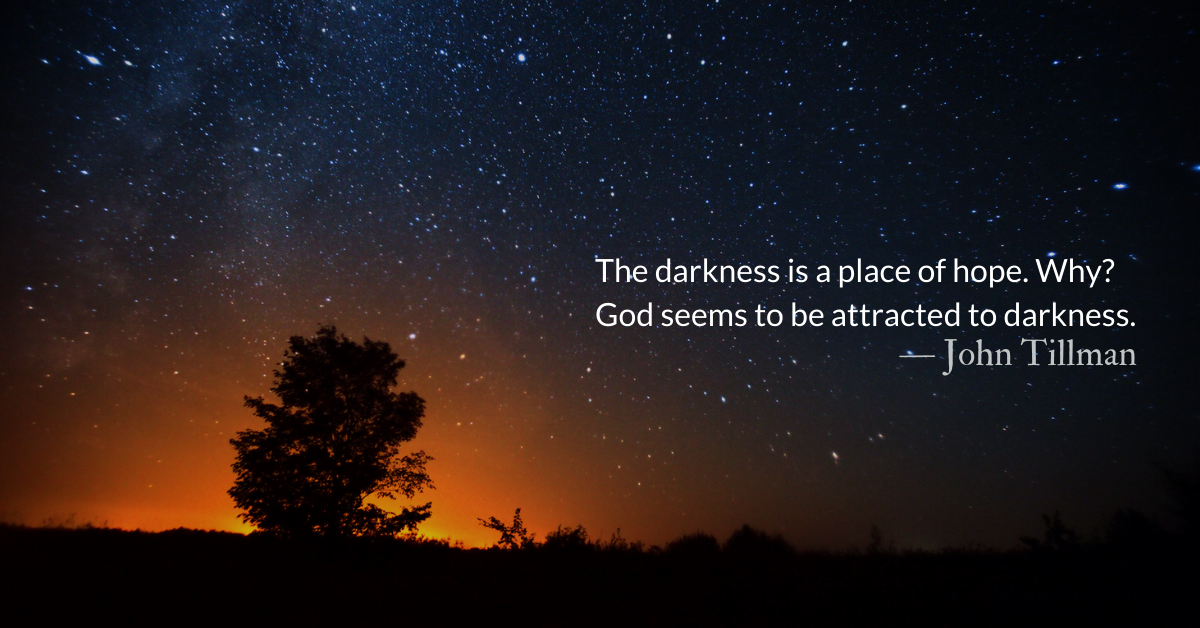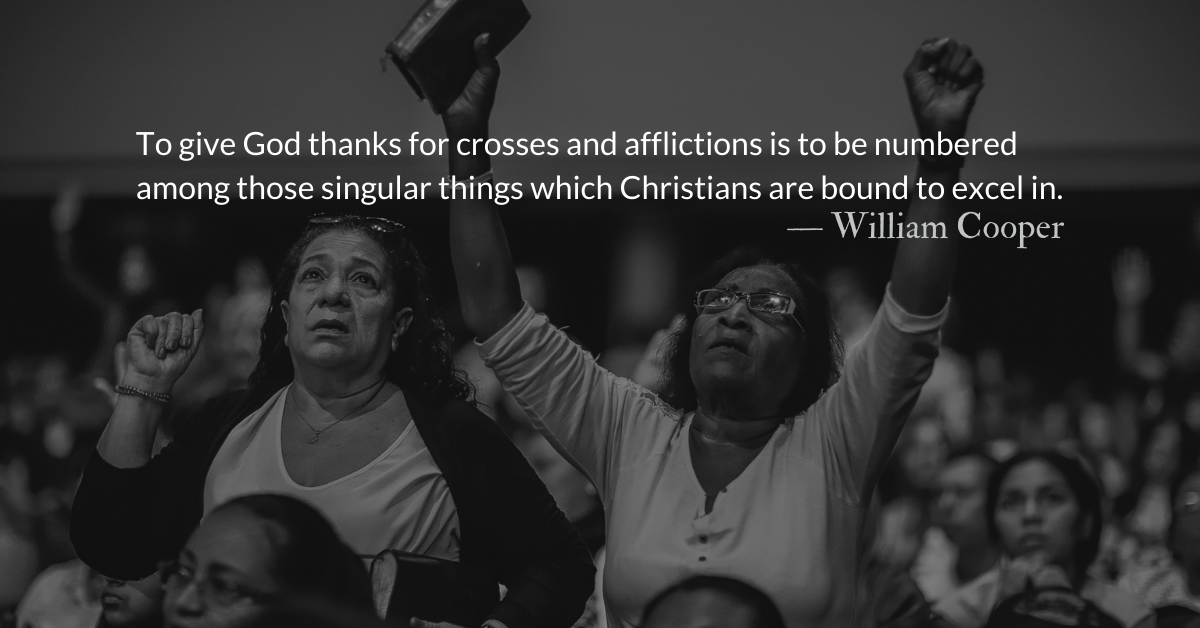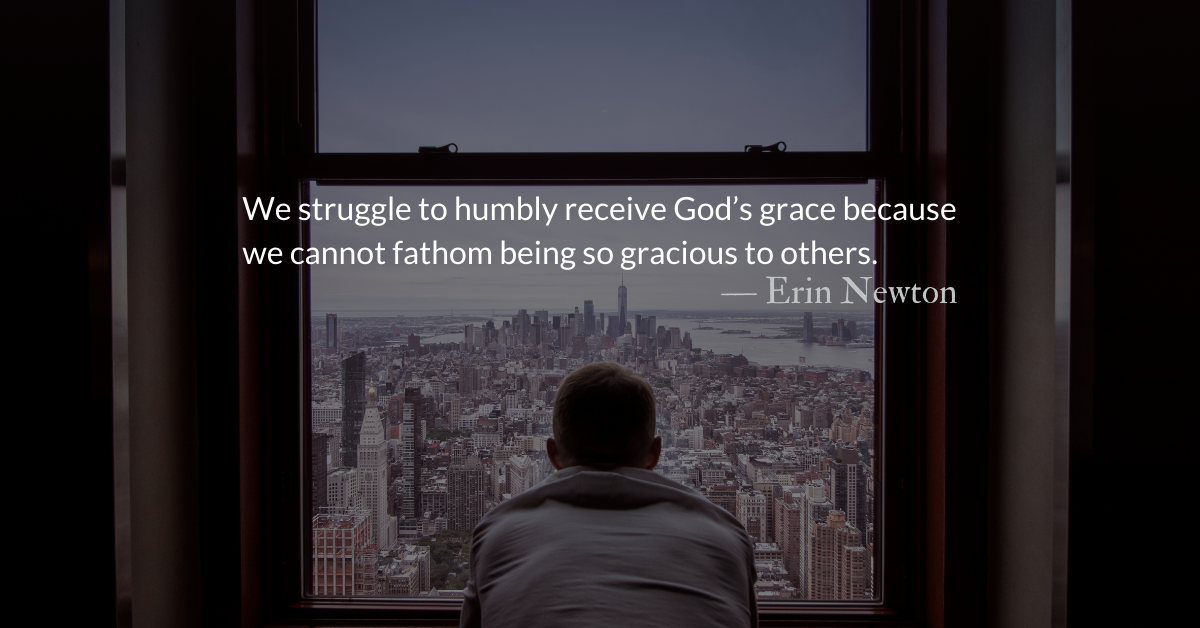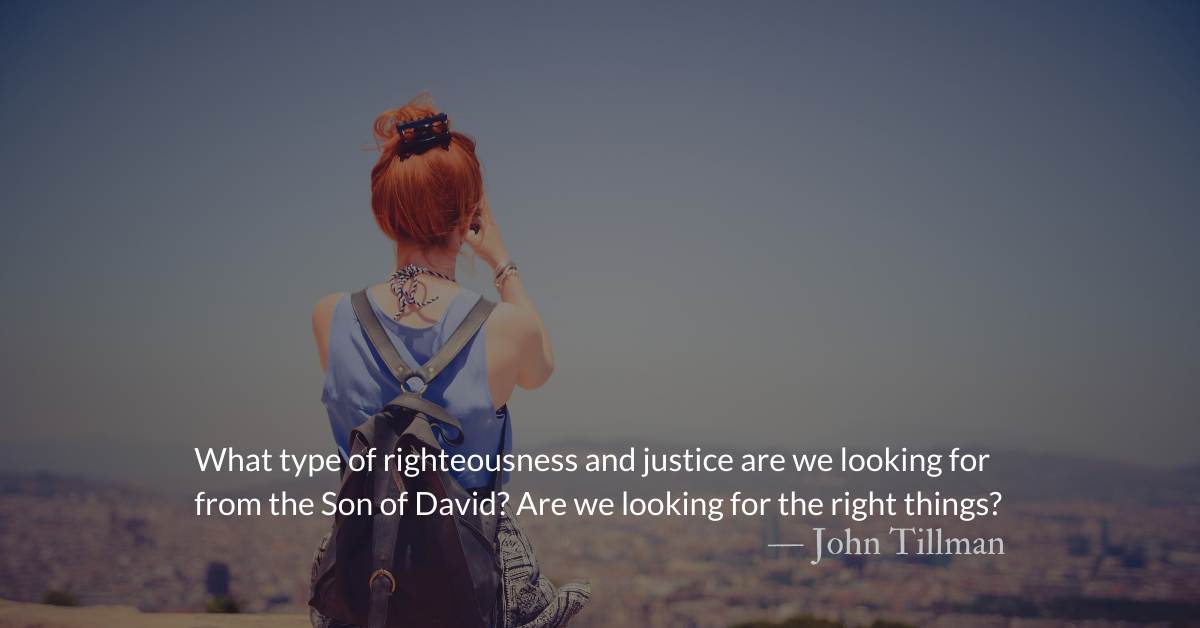Scripture Focus: 1 Chronicles 28.4-6
4 “Yet the Lord, the God of Israel, chose me from my whole family to be king over Israel forever. He chose Judah as leader, and from the tribe of Judah he chose my family, and from my father’s sons he was pleased to make me king over all Israel. 5 Of all my sons—and the Lord has given me many—he has chosen my son Solomon to sit on the throne of the kingdom of the Lord over Israel. 6 He said to me: ‘Solomon your son is the one who will build my house and my courts, for I have chosen him to be my son, and I will be his father.
Reflection: Renamed by God — Hope of Advent
By John Tillman
Naming, in ancient cultures, was greatly important. Names were intended to remind children of who they were and to place them within the story of their family. Their names followed familial patterns and repeated names from the past.
Scripture usually calls Solomon by the name his father David gave him but God gave Solomon another name. God named him Jedidiah, which means “loved by the Lord.” (2 Samuel 12.25) God renamed Solomon because God claimed Solomon as his son and promised to be his father.
Like Solomon, we have a mixed history. Our family patterns may include violence, lust, destruction, suffering, slavery, exile, or many other damaging and hurtful things. Names today are more often chosen simply by sound or for uniqueness with little meaning behind them. Modern legal names don’t tend to reflect our histories but those aren’t our only names, are they?
We have other names that we have been called or that we call ourselves. Many of these names come from dark places or express our worst feelings and fears. Failure. Foolish. Ugly. Fat. Unworthy. Unloveable. Hopeless. These are haunting names all of us have heard at one time or another.
Our history or pain can “name” us. Naomi let bitterness change her name to “Mara.” Nebuchadnezzar forced Shadrach, Meshach, and Abednego to accept names reflecting Babylonian religion and culture. Rachel attached her own pain to her second son, naming him Ben-Oni or “son of my trouble.”
Those gathered after the birth of Zechariah and Elizabeth’s child did not take Elizabeth’s word that he would be called “John” because it didn’t fit the pattern of their history. When Zechariah confirmed it by writing, his tongue was loosed to prophesy. (Luke 1.59-66)
We don’t have to continue in life with the haunting names that fit our histories. Like Solomon, God has a new name for us. Our new identity is hidden in Christ and given to us as we are adopted by God. (Isaiah 56.5; Revelation 2.17)
New names bring us new hope. Christ’s name is to be called, “Wonderful counselor, the mighty God.” Like the shepherds who sought for him, we must seek him to live in the authority and power of our new name and our adoption as God’s children. Our new names will remind us of whose we are and where our place is within God’s story.
Divine Hours Prayer: The Refrain for the Morning Lessons
I will bear witness that the Lord is righteous; I will praise the Name of the Lord Most High. — Psalm 7.18
– From The Divine Hours: Prayers for Autumn and Wintertime by Phyllis Tickle.
Today’s Readings
1 Chronicles 28 (Listen – 4:45)
2 Peter 2 (Listen – 3:52)
Read more about Supporting our Work
We produce over 100,000 words a year to build up Christ’s body in the Word of God. Donations support this effort.
Read more about Lovingly Named
Christ takes great pleasure in his Beloved and he calls us by a new name.











